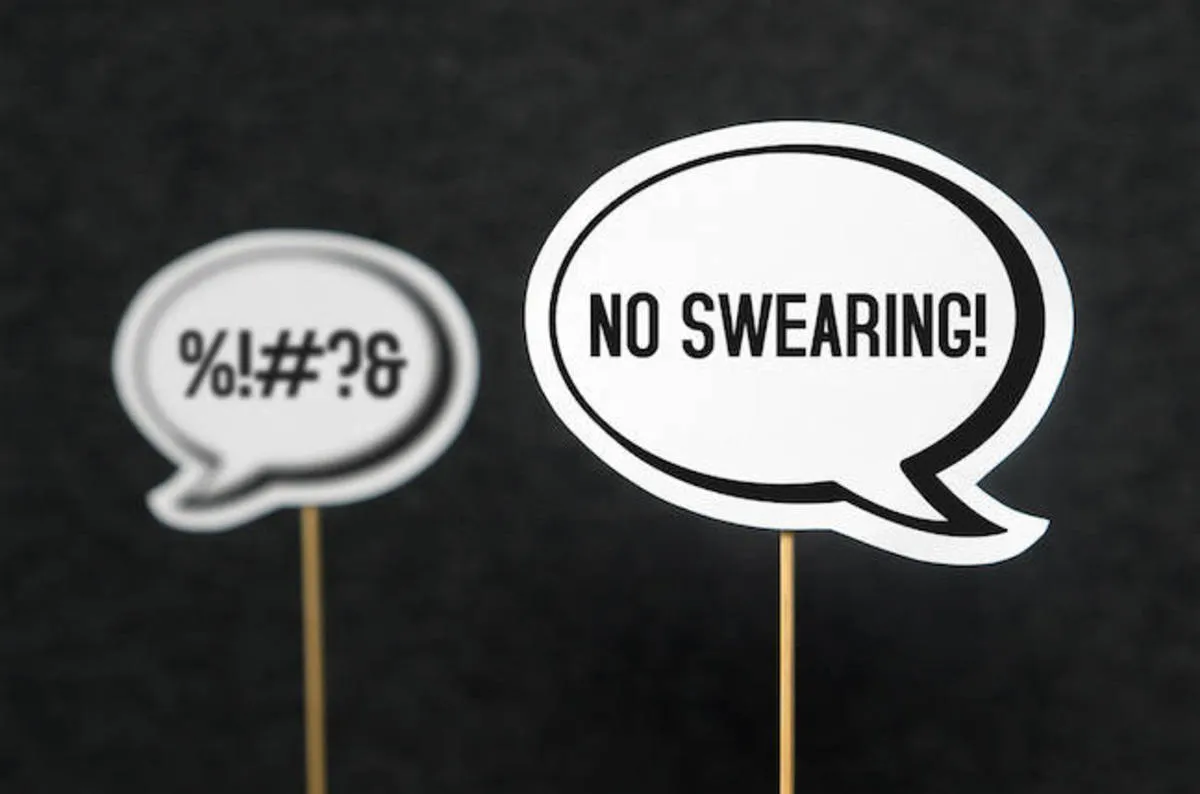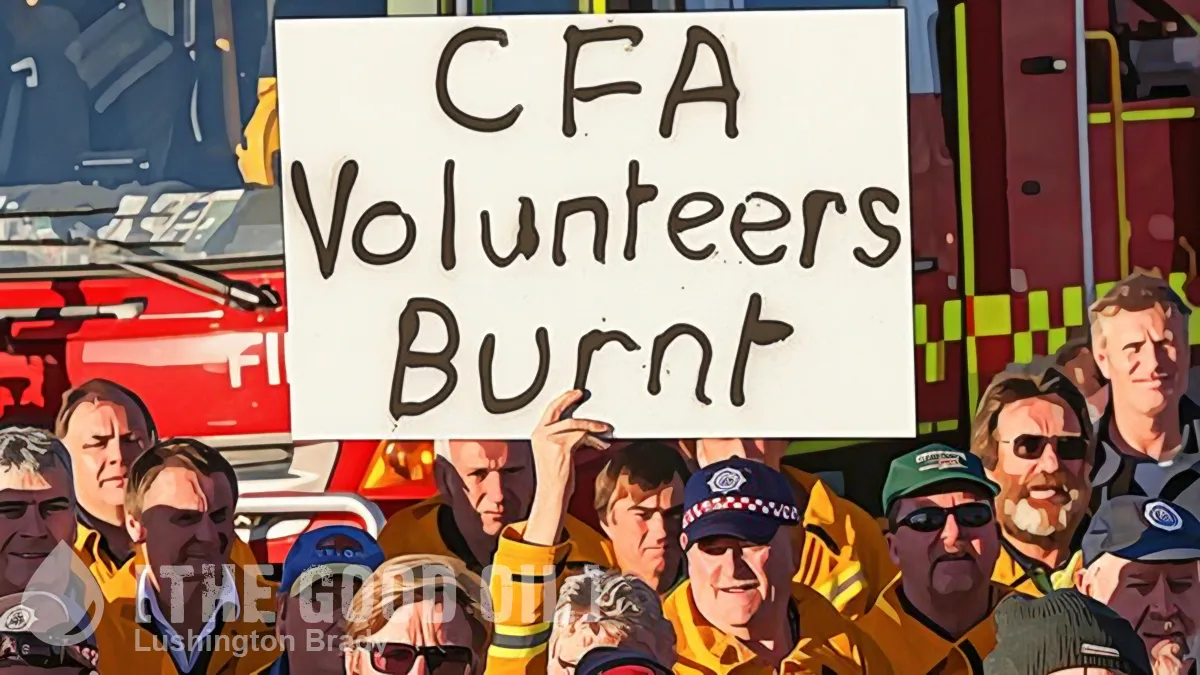Table of Contents
Some years ago, talking about their hit song, Little Lion Man, frontman Marcus Mumford expressed some ambivalence about its use of the word “fuck” in the chorus. It was used, he said, to underscore the depth of negativity in the song. Profanity, he argued, should be used sparingly, otherwise, it loses any such impact. J. R. R. Tolkien was even more opposed to such “ugly” language, and dismissed those who mistook ugliness for “strength”.
So, how much is too much when it comes to swearing? How much should we tolerate?
Sometimes it’s hard to know what to do, and sometimes it isn’t. The other night I had a flight to Atlanta and was lucky to get upgraded to business class. It was late, I was tired, and lights were low. People were reading, checking their phones, watching their tablets. I leaned back and drifted into half-slumber until a voice exclaimed, “Oh man, that’s f _ _ _ in’ awesome.”
I let it go and shut my eyes once more, but couldn’t help overhearing the conversation. Everyone was quiet but them, and they didn’t appear conscious that every word they said bounced throughout the cabin. Minutes passed and their banter faded to background noise. It didn’t take long, though, for another f-bomb to fall.
Douglas Murray, talking to Sam Harris, made the interesting observation even the new elite of American society have lost all sense of seemliness. Which certainly sounds to modern ears like a distinctly old-fashioned sentiment. But, in the wonderful comedy Blast from the Past, one of the “modern” characters makes the astonishing discovery that, “Good manners are just a way of showing other people we have respect for them. See, I didn’t know that, I thought it was just a way of acting all superior”.
People who blurt the word in the middle of an airplane ride have no awareness of its impropriety. Really—the knowledge that you just don’t talk that way in a crowded space . . . they don’t have it. Nobody has told them straight out that we still have remnants of decorum here and there, and that for all its popularity on the ball field, in the bar, movies, and Jon Stewart commentaries, the f-word remains an indignity now and again. They have to be told.
I jumped up, climbed over my neighbor, stepped across the aisle, leaned over and said, “Gentlemen, let’s ease up on the f-word”…They continued talking, but kept it clean. I’m sure they thought of me as an uptight scold, but I suspect that they knew something was wrong with their language. They just needed to be reminded of it.
This isn’t just the province of maiden aunts and stuffy academics. I’ve also seen rough-as-guts biker-types approach an unruly bunch of lads, swearing their heads off at the beach and remind them that, “There’s women and little kids around. Ya mind keeping it down?”
I’ll admit that I too often swear too much. It’s not a habit I’m proud of and I try and curb it when I notice. But sometimes we need a gentle reminder to be on our better behaviour.
I take the fact that the two men complied for the rest of the flight as a sign of something more than a stranger’s objection. They ceased not because I told them to, but because an outside voice activated an inside one, their conscience, which ordered them not to react or flout.
When we hear obscenities in closed public places, we should recognize conscience as an ally against degradation. It lies fallow in the speakers, but the right prompting, not aggressive, just firm and polite, can incite it.
firstthings
I don’t buy these “Science says swearing is a sign of intelligence” memes, either. Rather, I think Orwell was correct when he wrote that our language “becomes ugly and inaccurate because our thoughts are foolish, but the slovenliness of our language makes it easier for us to have foolish thoughts”. If we want to improve our thinking, we ought to improve our language.
Not that we should become prim maiden aunts, either. But, just as there’s a world of difference between taking a dram of whisky and guzzling it by the bottle, our strongest language should be reserved for the expression of our strongest thoughts, not just used as rather ugly punctuation marks.






